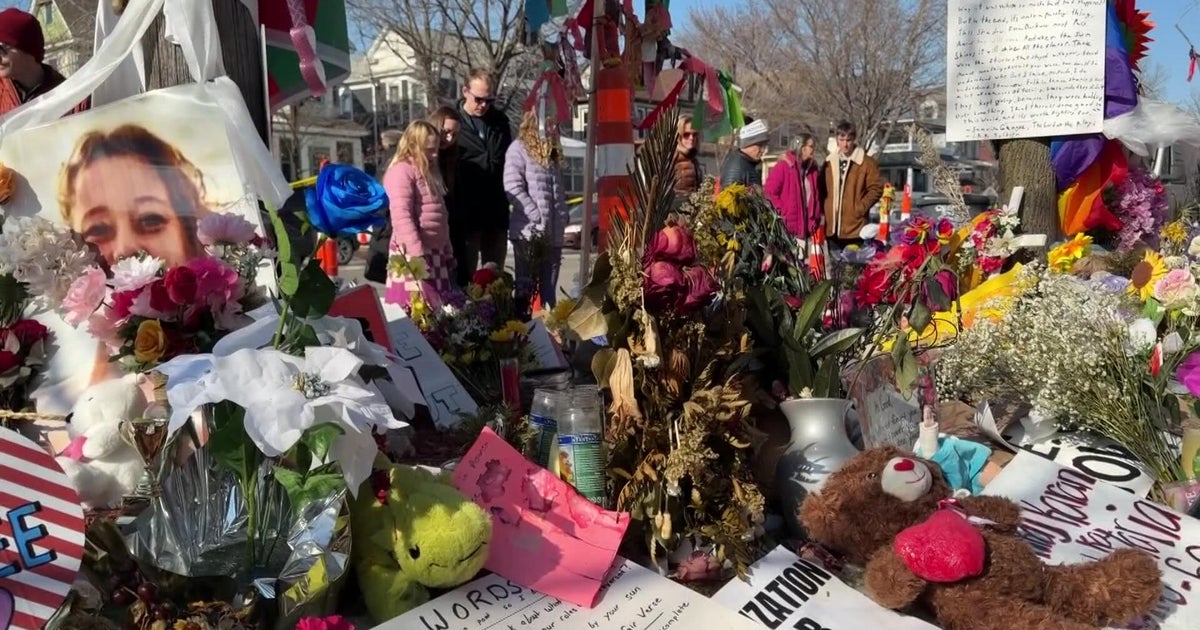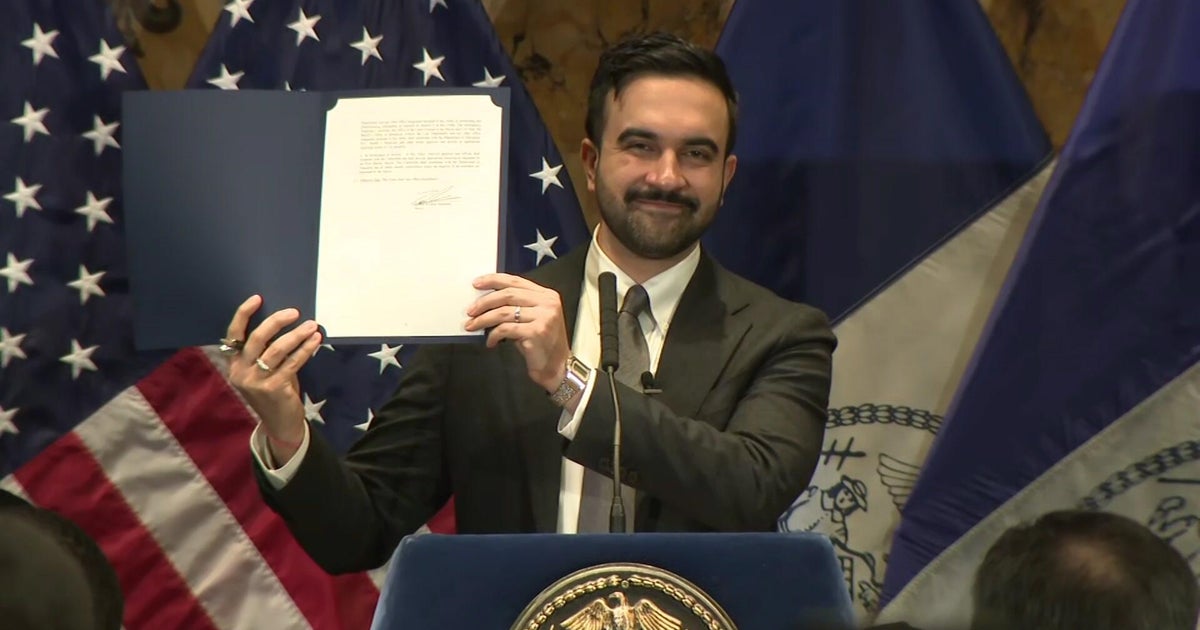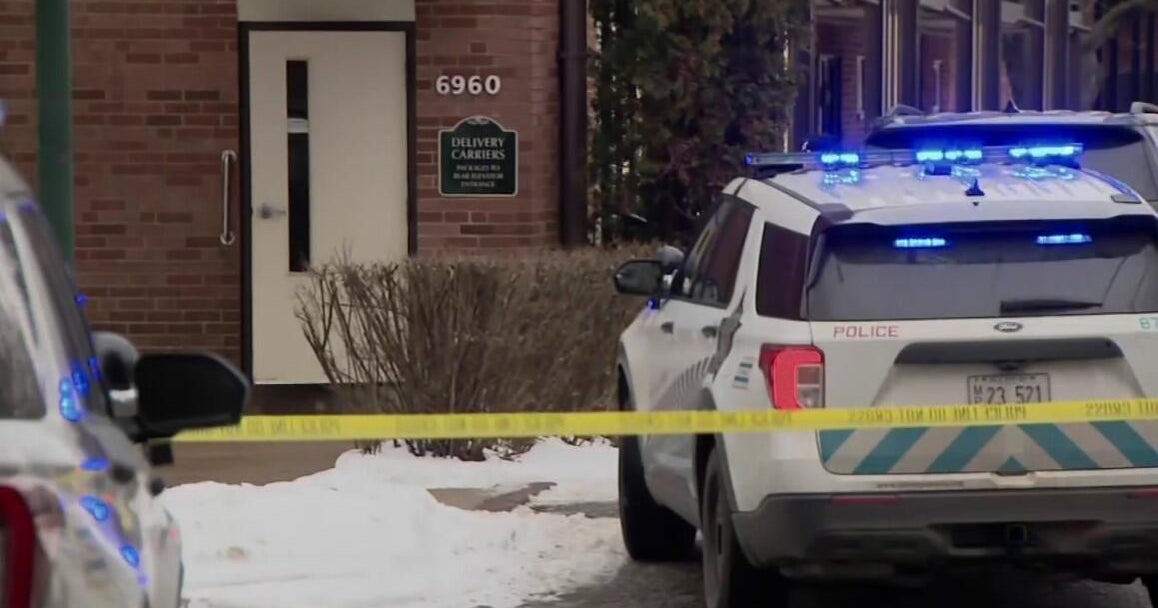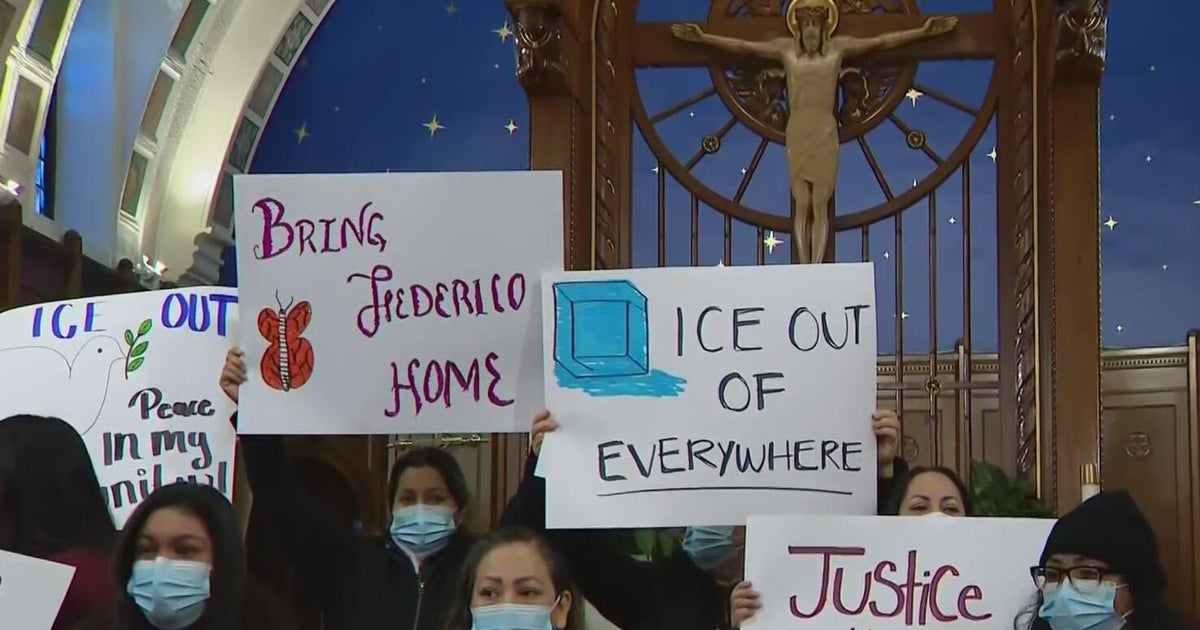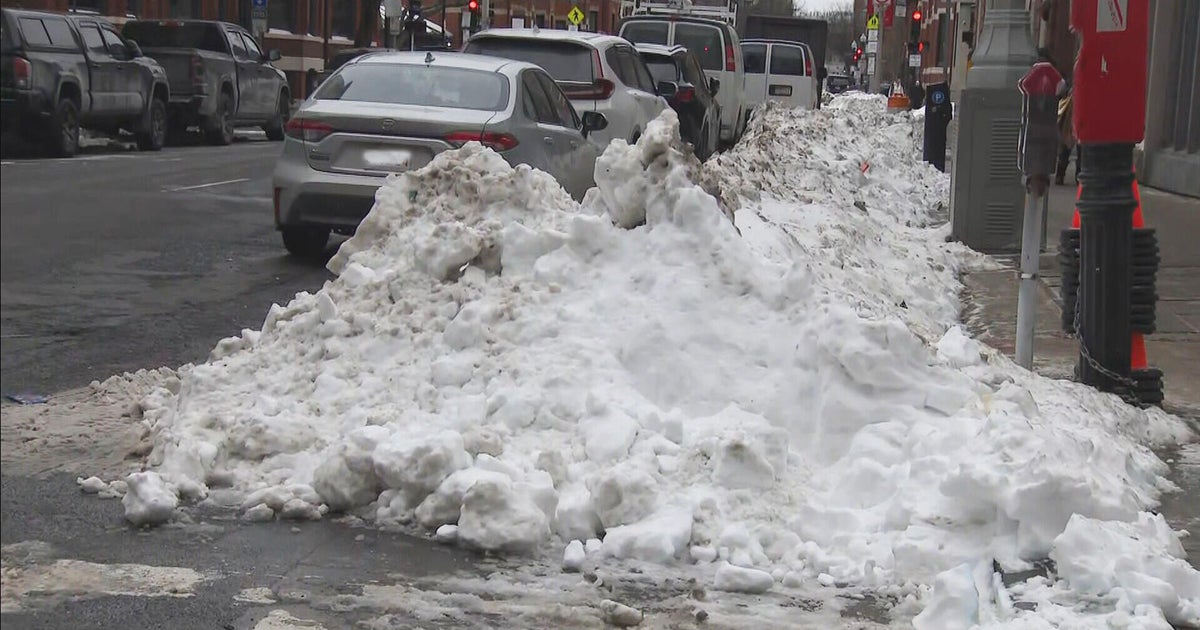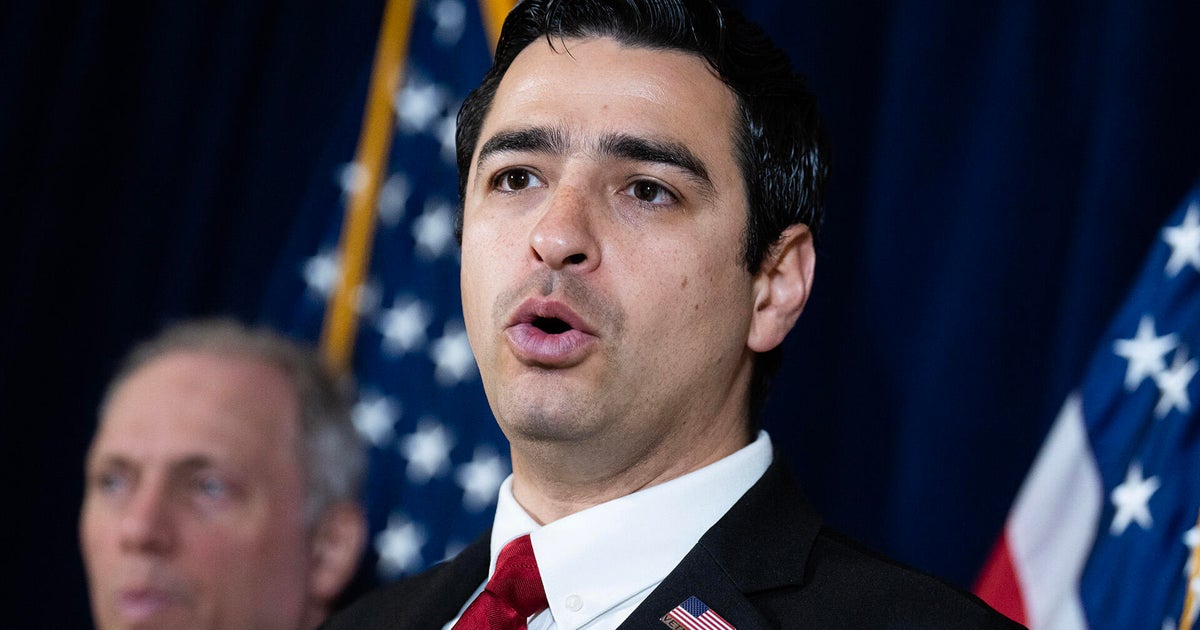Mayor Lori Lightfoot issues state of emergency amid surge of migrant arrivals
CHICAGO (CBS) – Mayor Lori Lightfoot issued an emergency declaration on Tuesday in response to the significant number of people arriving in Chicago who are seeking asylum in the U.S. since last year, what her office called a "national humanitarian crisis."
Lightfoot's office said since the first group of migrants were bused to Chicago from Texas last August, the city has coordinated with local and state agencies to care for over 8,000 migrants. The declaration states that number is "exceeding the City's ability to manage that inflow."
In practical terms, the declaration allows the city to spend money more dynamically to help the migrants.
"Sadly, we don't expect the buses to stop arriving anytime soon," Lightfoot said, "and importantly, we've seen, in the last couple of weeks, a new surge of migrants coming to Chicago on a daily basis."
Indeed, migrants keep coming in large numbers. CBS 2's Chris Tye met two dozen men who arrived on a busted bus with one bag each to their name. They were coming from Venezuela.
"We are asking for help to find a future for our family," one of the men said in Spanish as he walked into The Standard Club, 310 S. Plymouth Ct., with the others.
A total of 48 arrivals Tuesday came on buses dispatched by Gov. Abbott.
Mayor Lightfoot's emergency declaration in response to the crisis comes as the U.S. is preparing for the expiration of a public health rule, called Title 42, later this week, which has allowed the federal government to restrict the number of migrants seeking asylum into the country. Officials all over the country are worried the rule's ending will lead to an even larger influx of people into the country.
The Biden administration late Tuesday finalized a sweeping restriction on asylum that it plans to use to ramp up swift deportations of migrants who cross the U.S.-Mexico border after Title 42 sunsets on Thursday, according to internal documents obtained by CBS News.
Hundreds of U.S. asylum officers were trained on how to enforce the restriction on Tuesday and the regulation is expected to be published on Wednesday, less than 48 hours before Title 42 is set to expire, according to people familiar with the effort who requested anonymity to discuss internal plans.
The White House also is sending 1,500 troops to the southern border to deal with the spike of even more migrants.
Lightfoot said about two weeks ago, Chicago recorded an increase in daily arrivals to the city to about 100 to 200 people on a daily basis.
"It's worse now and it's going to get worse before it gets better," she said at a news conference on Tuesday.
In response to the crisis, Republican governors have sent bus loads of migrants to large cities, including Chicago, a strategy Illinois Gov. JB Pritzker called "inhumane."
At the news conference on Tuesday, Lightfoot again criticized Texas Gov. Greg Abbott for the approach to the crisis.
"We will always do right by our immigrant and refugee communities, but we've reached a breaking point in our response to this humanitarian crisis primarily manufactured by him for cynical political purposes," Lightfoot said.
The number of new arrivals have overwhelmed shelters, forcing families to camp out at police stations. Lightfoot said in the declaration the city's resources have been stretched "to the breaking point." The mayor's office said the city will have to bring additional locations online to prepare for the arrival of more individuals and families to relieve the CPD districts.
City officials have turned to convert other facilities like former school buildings into possible respite centers, or temporary locations for people to stay in before moving into a shelter. But such plans have received pushback from many residents.
When asked about the possibility of using other large spaces like McCormick Place to house migrants, Lightfoot dismissed the idea, saying the city can't disrupt the business of such venues. Even looking at vacant big box stores wouldn't work because those facilities wouldn't have the requisite infrastructure to humanely house people.
Commissioner Brandie Knazze, of the city's Department of Family and Support Services, said on Tuesday the city has seven shelters and three respite centers operating to help accommodate the new arrivals.
Also on Tuesday, Lightfoot repeated calls for the federal government to take more action to help cities like Chicago respond to the crisis.
The City of Chicago received $5.5 million dollars from the Federal Emergency Management Agency last fall - though this spring, the agency only provided $4 million. Why?
"That's an interesting question," Lightfoot said.
While Lightfoot has blamed Gov. Abbott of Texas, she is now signaling a lack of leadership and financial support from the White House.
"I am disappointed in the allocation of FEMA dollars," the mayor said. "We have made our disappointment known through the appropriate channels."
She specifically called on the federal government to expedite the process of legally allowing migrants to work in the U.S. Lightfoot said if migrants were able to work in Chicago, it would significantly lessen the strain on the city's resources and help the shortage of workers throughout the country.
"I am confident that we could put to work every able-bodied adult if they had work permits and we were able to do so legally," she said.
The mayor says the emergency declaration also allows the city to call in the Illinois National guard if necessary.
"We don't have any more space. I cannot emphasize that enough. We can't live in a perpetual cycle with one-way plane tickets to Chicago with no sponsors or family or network - and then ending up at our police stations," Lightfoot said. "That is not the way to go."
There is no plan to call in the National Guard at this point.
Lightfoot says she is in touch with Mayor-elect Brandon Johnson's team to make sure they are up to speed on this issue on their first day - next Monday.


